Supreme Court Stays NCLAT Order Allowing NBCC to Take Over Supertech Projects
- ByAdmin --
- 24 Feb 2025 --
- 0 Comments
In a case that has sent ripples across the real estate and corporate sectors, the Supreme Court has stayed the National Company Law Appellate Tribunal’s (NCLAT) order that permitted the National Buildings Construction Corporation (NBCC) to take over pending projects of the real estate giant Supertech Limited. This development underscores the critical intersection between corporate restructuring, investor protection, and the rights of creditors. At the heart of the judicial review was the incisive reasoning of Justice Arundhati Bhargava, whose balanced analysis of statutory provisions and corporate governance principles played a decisive role in the Court’s intervention.
Background of the Dispute
Supertech Limited, once a behemoth in India’s real estate market, had found itself ensnared in financial distress following a series of high-stakes investments and project delays. The company’s inability to meet its debt obligations led creditors to seek decisive action to recover dues and preserve value. In response, the NCLAT had issued an order authorizing NBCC—a government-owned entity—to take over the pending projects as part of a rescue package aimed at protecting the interests of the financial stakeholders.
However, the move was met with fierce opposition from various quarters. Investors, project homebuyers, and even some financial institutions argued that the takeover would not only disrupt the continuity of the ongoing projects but also set a worrying precedent regarding state intervention in private enterprise. The matter soon escalated to the Supreme Court, which was tasked with reconciling the competing interests of corporate restructuring, public accountability, and investor protection.
Legal and Regulatory Framework
The legal framework governing corporate insolvency and restructuring in India is multifaceted, drawing on statutes such as the Insolvency and Bankruptcy Code (IBC) and the Companies Act. Under these laws, regulatory bodies like the NCLAT are endowed with the authority to approve measures that are intended to maximize asset value and ensure a fair resolution for creditors. However, such decisions must be made within the bounds of due process, with a careful balancing of interests.
Key legal questions in the case included:
- Whether the NCLAT had exceeded its statutory mandate by ordering a takeover without adequate safeguards for all stakeholders.
- Whether the proposed takeover by NBCC would effectively serve the larger objective of preserving project value and protecting consumer interests.
- Whether the principles of natural justice and equitable treatment were maintained in the formulation of the order.
Judicial Analysis and the Role of Justice Arundhati Bhargava
Justice Arundhati Bhargava delivered a comprehensive judgment that critically examined the procedural and substantive aspects of the NCLAT order. Her analysis highlighted several pivotal points:
- Adherence to Statutory Mandates:
Justice Bhargava underscored that while the NCLAT is vested with considerable power to restructure distressed assets, its orders must strictly adhere to the statutory framework. She noted that any deviation or arbitrary exercise of power could lead to unintended consequences for both creditors and investors. - Investor Protection and Continuity of Projects:
The judge emphasized that the takeover order, if allowed to stand, might jeopardize the continuity of Supertech’s ongoing projects. This could have adverse repercussions for homebuyers, who had already invested significant sums in anticipation of project completion, and for the broader market sentiment in the real estate sector. - Balancing Public and Private Interests:
In a nuanced discussion, Justice Bhargava acknowledged the necessity of state intervention in cases of corporate distress but argued that such intervention must be balanced against the rights of private stakeholders. She stressed that any restructuring measure should promote transparency, fairness, and accountability rather than merely serve as a punitive tool. - Procedural Fairness and Due Process:
The judgment critically evaluated whether the NCLAT had followed the requisite procedural safeguards. Justice Bhargava pointed out that stakeholders must be given a fair opportunity to present their cases, and that decisions of such magnitude require a detailed scrutiny of all available evidence.
Broader Implications for Corporate Restructuring
The Supreme Court’s stay on the NCLAT order carries significant implications for the corporate world:
- Precedent for State Intervention:
The decision sends a clear message that while state agencies can intervene in distressed corporate matters, such actions must be executed within a rigorously defined legal framework that safeguards the interests of all parties. - Protection of Homebuyers and Investors:
By staying the order, the Court has underscored the need to protect the rights of homebuyers and retail investors who could suffer irreparable loss if projects were abruptly taken over and restructured without proper consultation. - Refinement of Insolvency Procedures:
The ruling is likely to prompt a re-examination of existing insolvency procedures, with calls for more detailed guidelines on when and how state entities can assume control of private projects. This could eventually lead to legislative or regulatory amendments aimed at striking a better balance between rapid resolution and stakeholder fairness.
Concluding Thoughts
The Supreme Court’s decision to stay the NCLAT order, as articulated by Justice Arundhati Bhargava, represents a crucial intervention at a time when the real estate and corporate sectors are undergoing significant stress. By insisting on strict adherence to statutory mandates and safeguarding the rights of investors and homebuyers, the Court has charted a path toward more balanced and equitable corporate restructuring. This judgment not only addresses the immediate concerns of the Supertech case but also lays the groundwork for future disputes, ensuring that state intervention is exercised with the utmost caution and fairness.

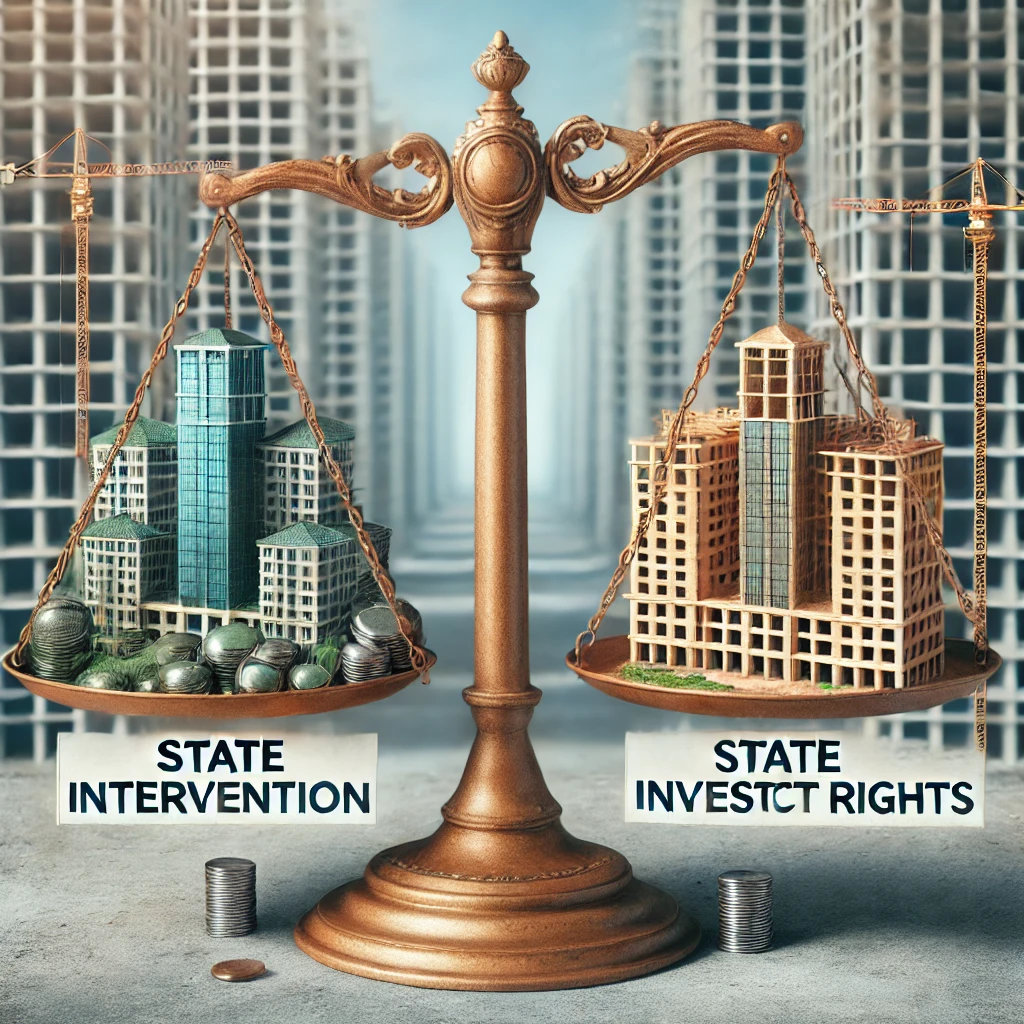






















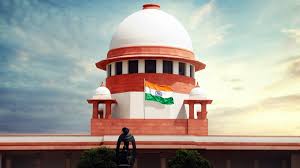


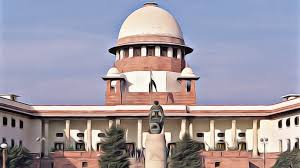

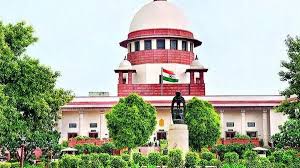









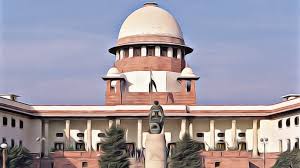




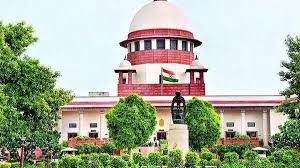



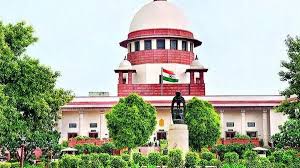
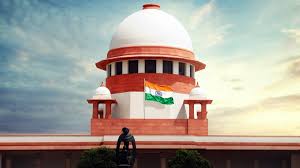



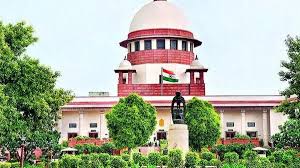

















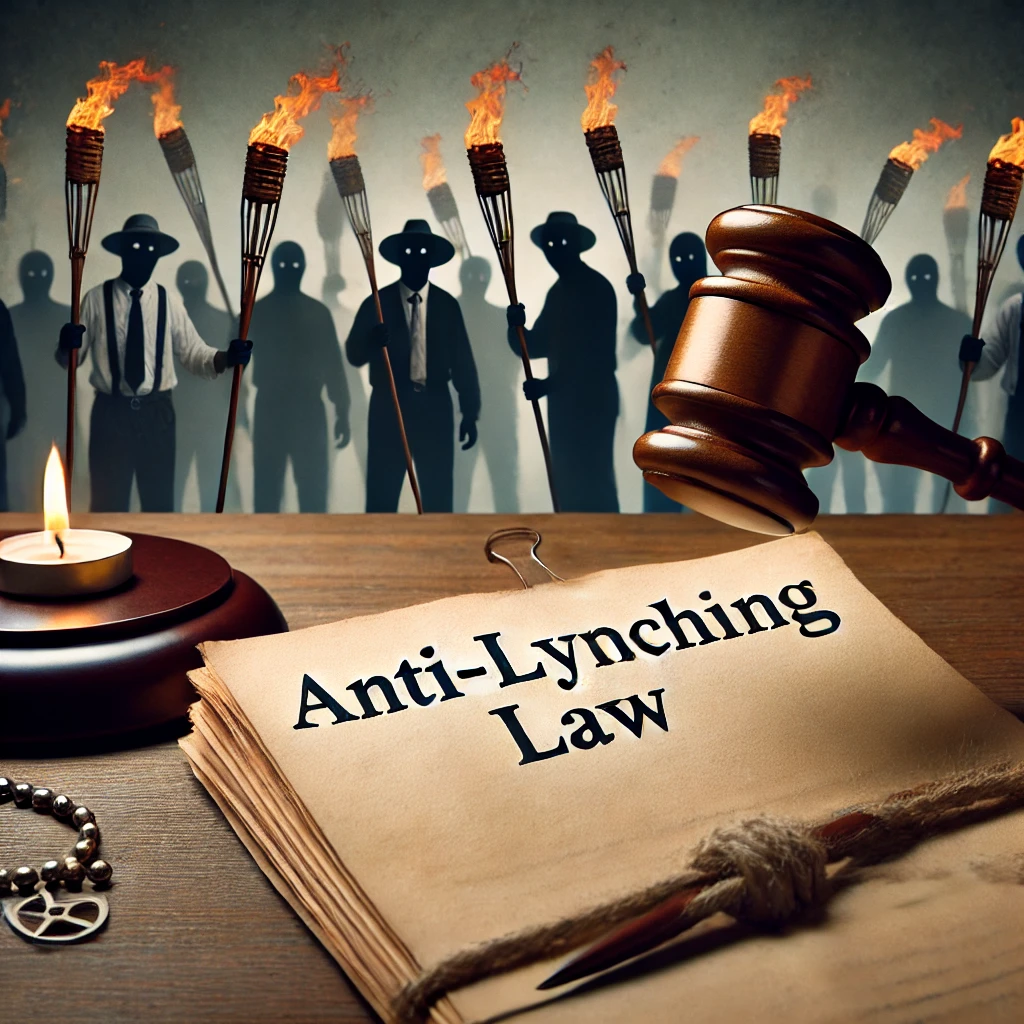
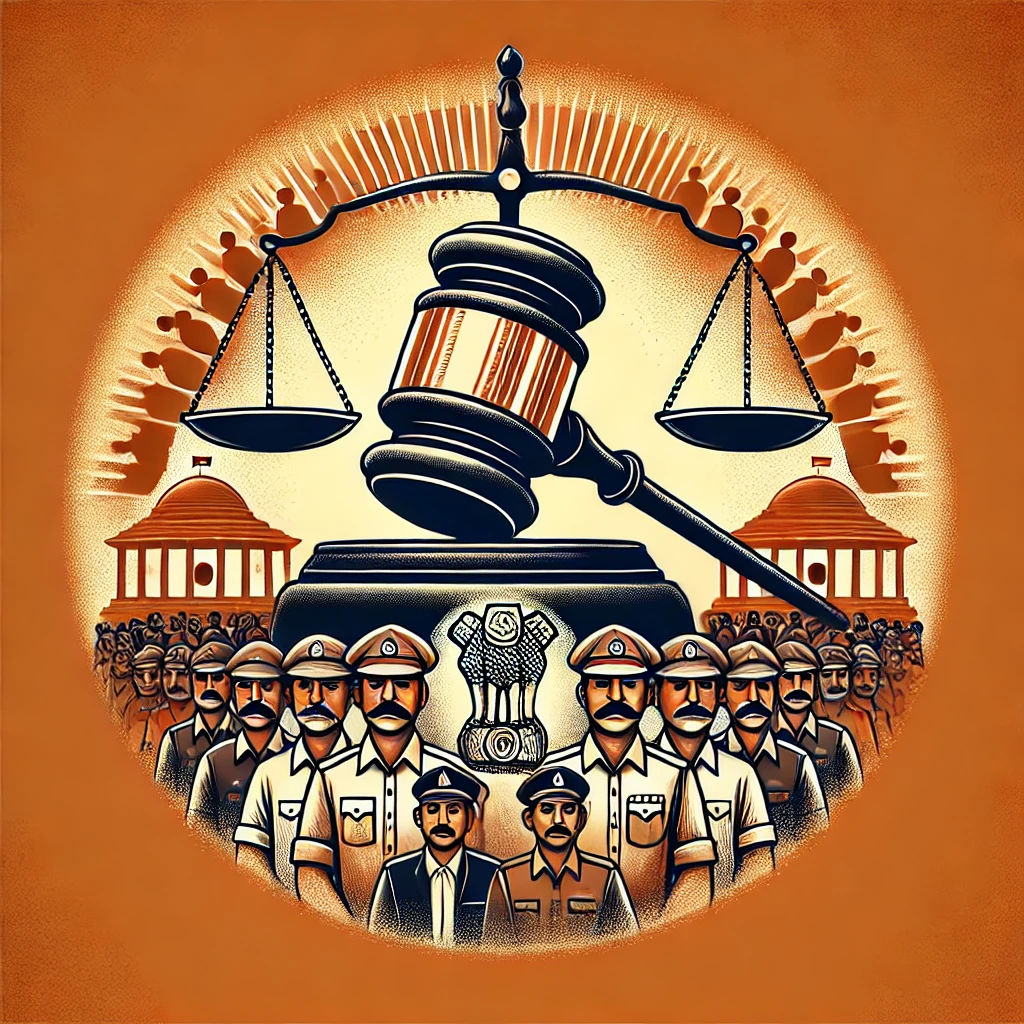

















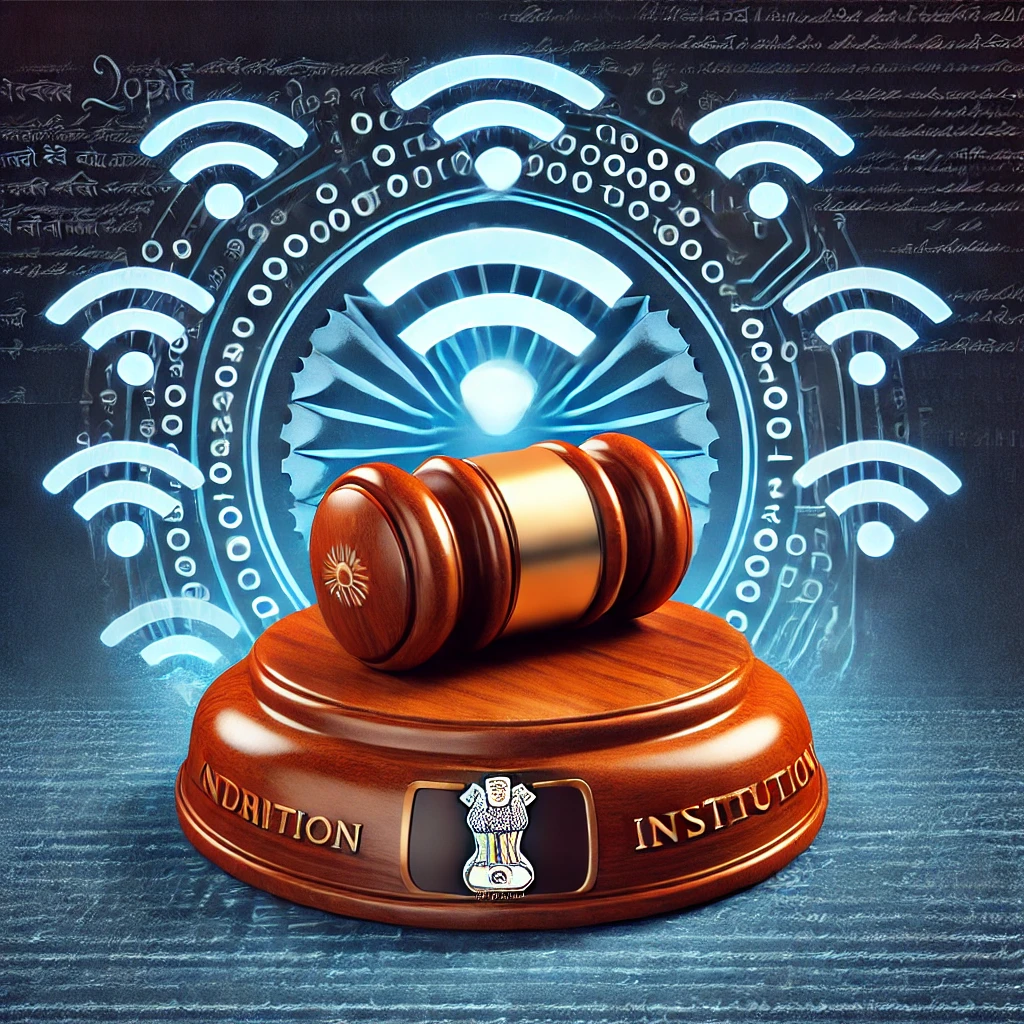


































































































































































































































































































































0 comments